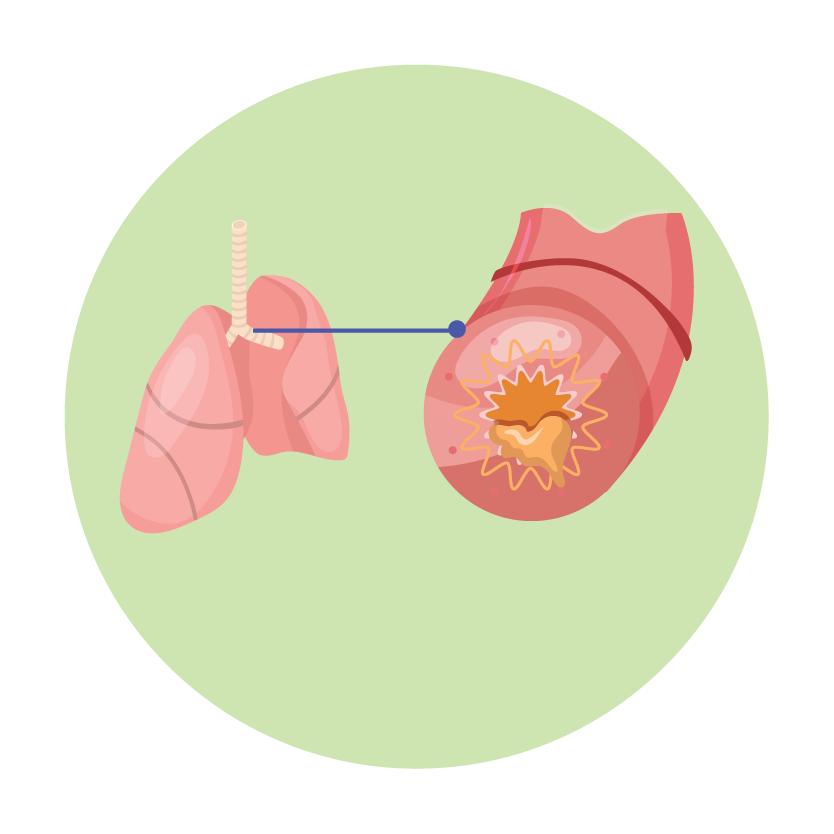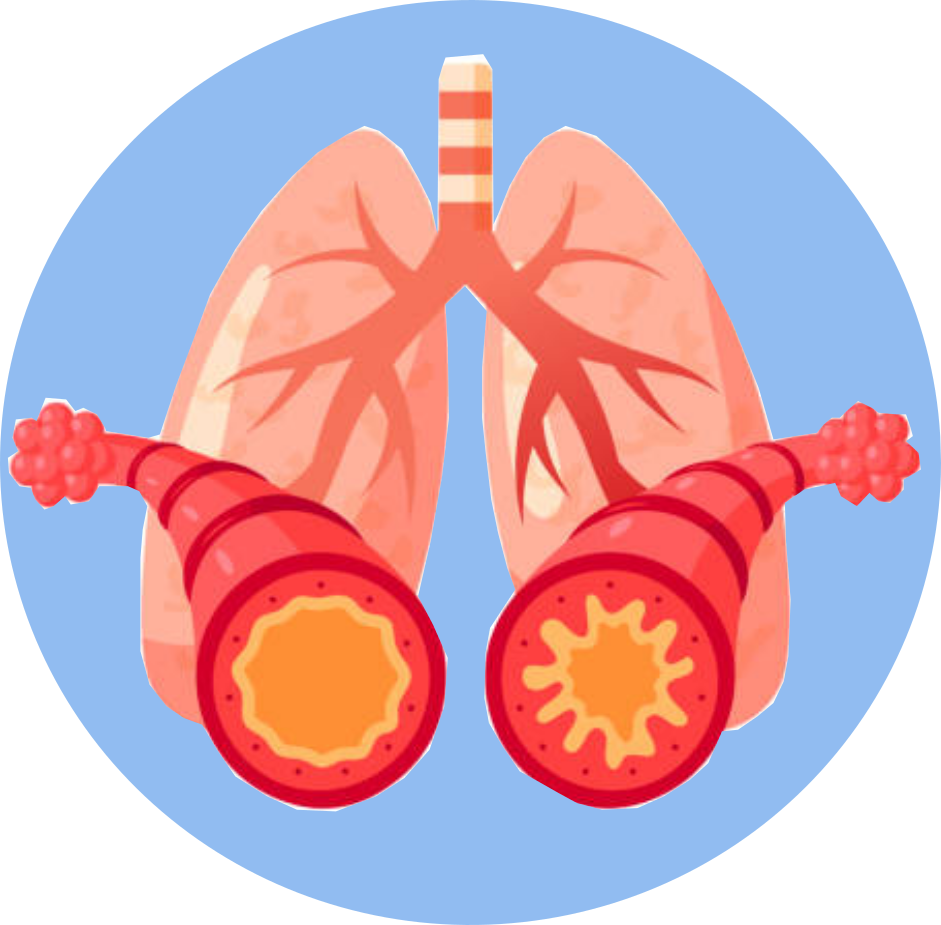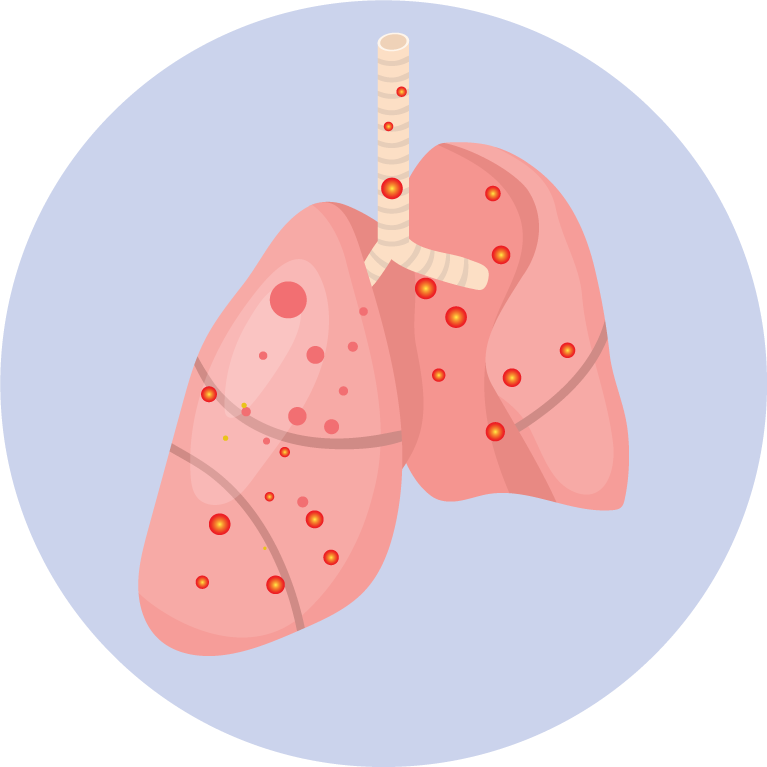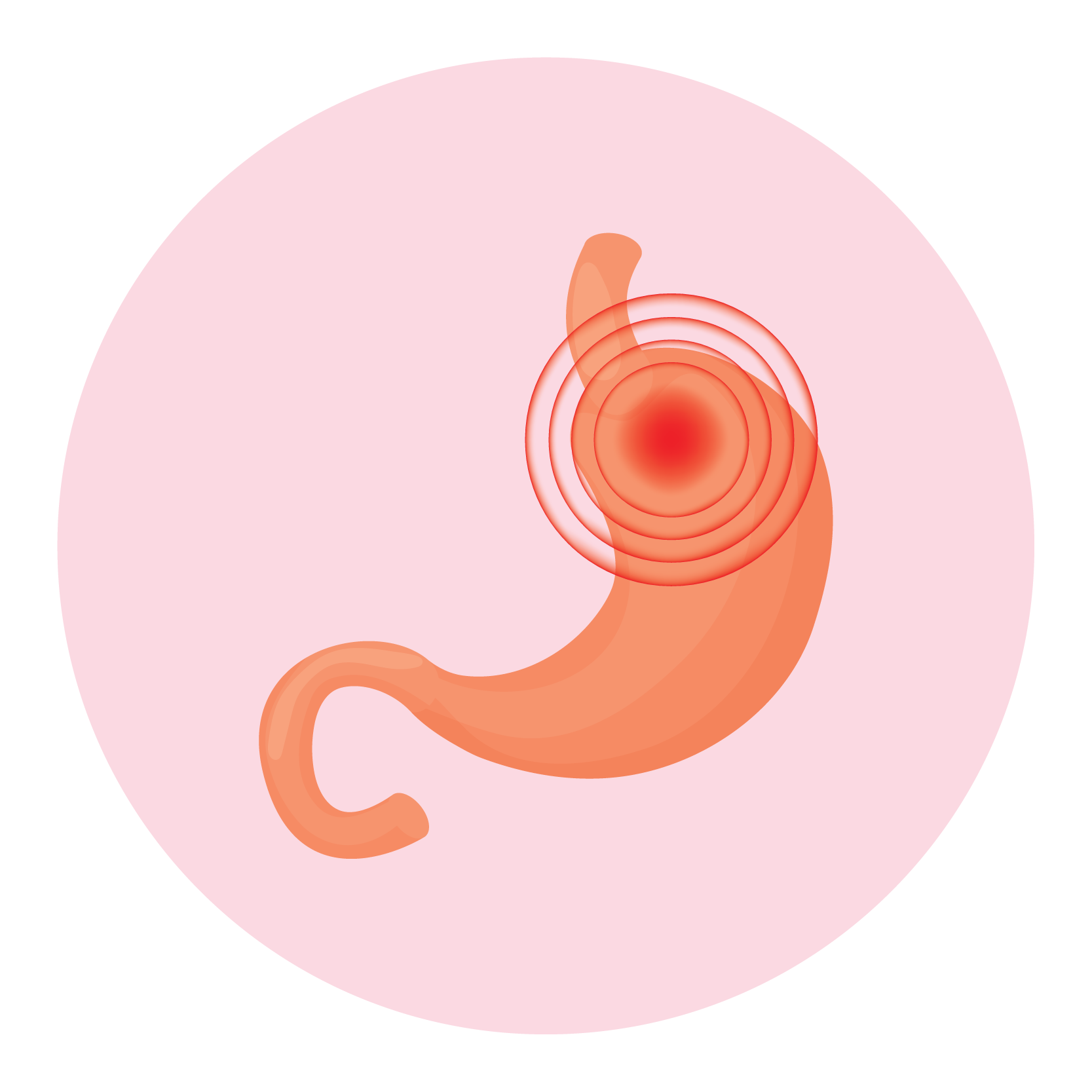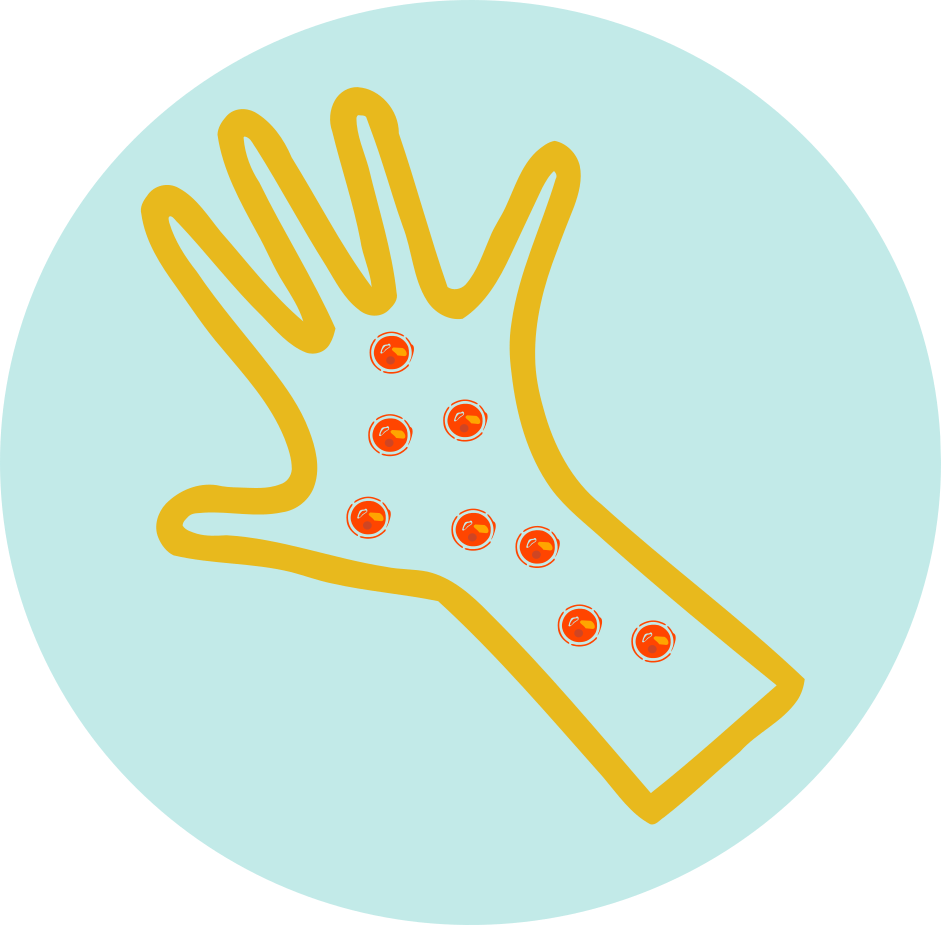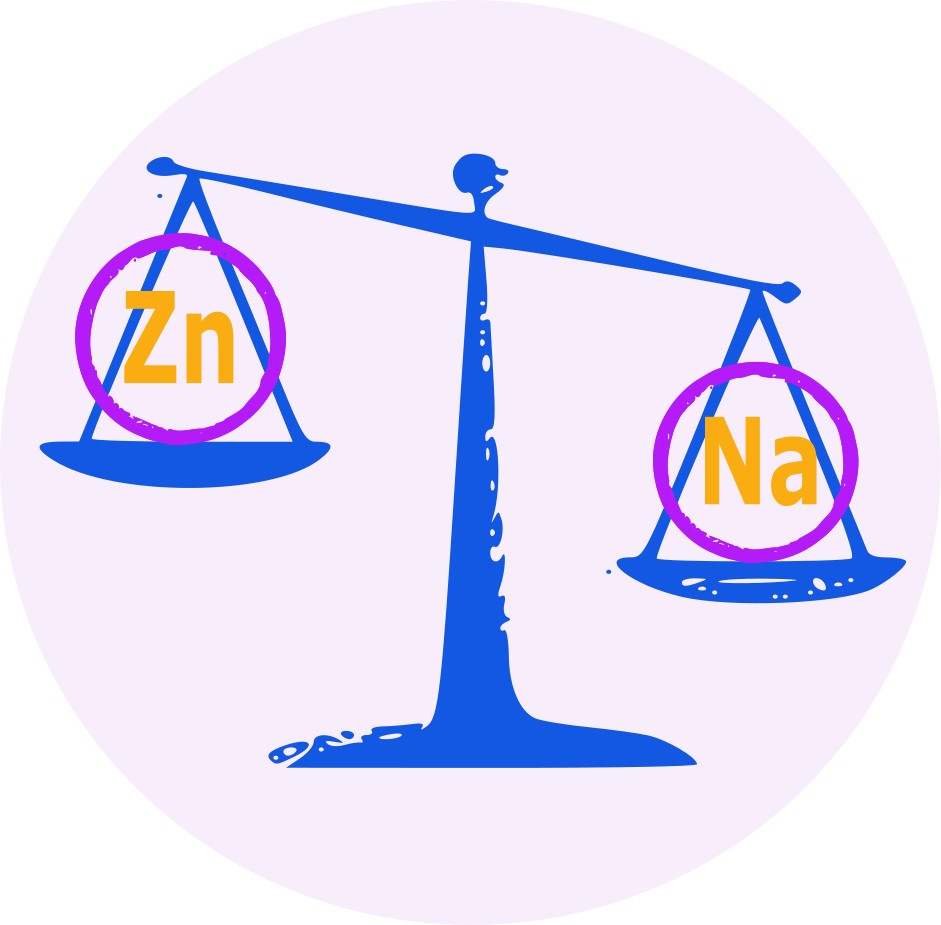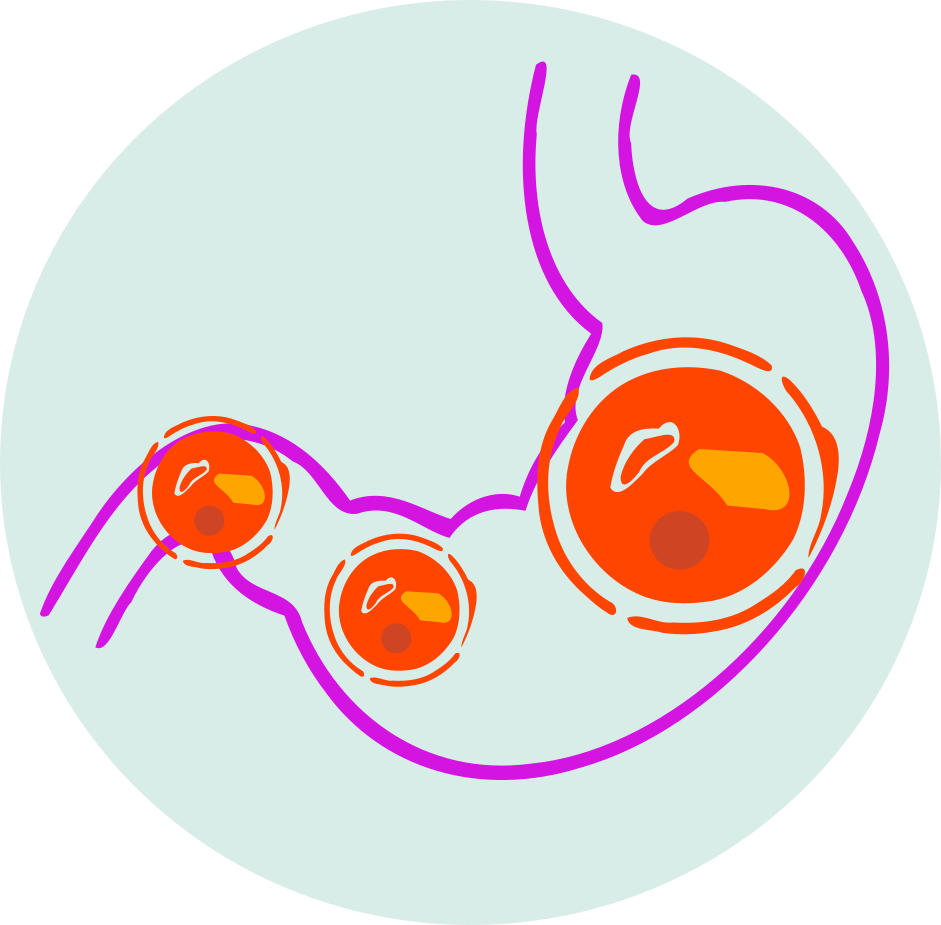| Name | Carbocisteine |
| Classes |
Mucolytic Respiratory Agent Respiratory Inhalant |
| Diseases |
Chronic Obstructive Pulmonary Disease (COPD) Dry Cough Respiratory Disease |
Carbocisteine
Carbocisteine is a mucolytic agent, which means it works by breaking down the disulfide bonds that hold the mucus together. This makes the mucus thinner and easier to clear from the lungs. Additionally, Carbocisteine has antioxidant properties, which helps to reduce inflammation in the lungs, and helps to prevent damage caused by free radicals.
Carbocisteine is indicated in the following conditions-
- Treatment of chronic bronchitis
- Treatment of bronchiectasis
- Treatment of cystic fibrosis
- Treatment of other conditions that cause thick mucus in the airways such as COPD.
- The recommended dosage for adults is 500mg to be taken orally three times a day.
- The recommended dosage for children is 250mg to be taken orally three times a day.
- Carbocisteine may cause gastric irritation. If you experience symptoms of stomach upset, nausea, vomiting or abdominal pain, consult your healthcare provider.
- Carbocisteine should be used with caution in patients with a history of kidney disease as it may increase the risk of electrolyte imbalances.
Contraindication
- Carbocisteine is contraindicated in patients with a history of hypersensitivity to carbocisteine or any of its excipients.
None known.
 Bangla
Bangla English
English